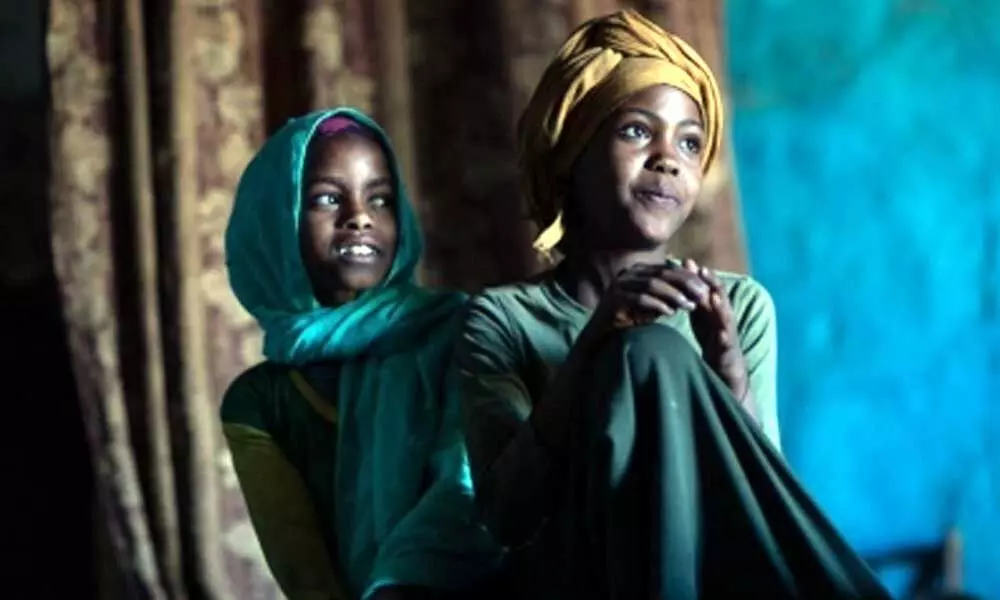Live
- Prabhas unveils new poster for ‘The Raja Saab’
- Anti cancer drive, Bike rally delivers message
- Cyberabad Police Arrest 3-Member Attention Diversion Gang, Seize 140 ATM Cards and Rs 2.38 Lakh in Cash
- Bengaluru MP Compensates Cow Owner in Chamarajpet Incident
- Hyderabad: Two, Including Infant, Suffer Burns in Alwal Arson Attack Over Harassment Dispute
- Drinking More Than One Alcoholic Beverage a Day Increases Death Risk, Federal Review Warns
- Is Hair Loss in Your Genes? Understanding Hereditary Hair Loss
- Lokayukta Raid Unveils Absenteeism at BBMP South Zone Office
- SpaceX Launches Lunar Landers for Moon Mission in 2025
- Meta Apologizes for Zuckerberg’s Remarks on India’s Elections









